Decriminalization of defamation in Montenegro welcomed
The Montenegrin government has amended the country's Criminal Code and deleted provisions pertaining to the criminalization of libel and defamation.
Thursday, 14.07.2011.
10:54

The Montenegrin government has amended the country's Criminal Code and deleted provisions pertaining to the criminalization of libel and defamation. This was welcomed in a statement by the Vienna-based South East Europe Media Organization (SEEMO). Decriminalization of defamation in Montenegro welcomed As of July 9, 2011, Montenegro is one of the few countries in Europe where defamation is not a criminal offense. On April 15, 2011, the government of Montenegro approved the decriminalization of defamation, while the parliament adopted the amendments on 22 June 2011 during its Seventh regular session. The Official Gazette published them on 1 July 2011. Eight days after this publication the law entered into force. SEEMO believes that defamation and libel should be decriminalized. Journalists in Montenegro have been frequently sued for defamation and consequently many media outlets prefer self-censorship to pursuing sensitive issues. With these amendments, the media environment in Montenegro has improved, and it is now up to the journalists to make sure that self-regulation is implemented, quality journalism pursued, and international standards met. SEEMO believes that in defamation cases, civil rather than criminal laws should be used. However, abuses can happen, even if civil code is implemented. If journalists are subject to investigation and violate civil code provisions, sanctions should be commensurate with their income. Excessively high fines, which have occurred in several countries monitored by SEEMO, have a repressive effect: media outlets face closure and journalists abstain from writing about sensitive issues. Disproportionate fines hamper the freedom and independence of journalists. While positive legal changes are welcome, SEEMO considers the implementation of laws to be equally important. In this respect, SEEMO urges Podgorica authorities to train judges in media-related matters. "I am pleased with the amendments to the Criminal Code," said Oliver Vujovic, SEEMO Secretary General. "However, I would like stress that the decriminalization of defamation does not mean that journalists should relax. On the contrary, they should be motivated to observe international standards, check their sources of information, abstain from publishing unproven facts and pursue quality journalism. They have to establish their credibility. On the other side, the courts should intervene when standards are breached, but they should not use disproportionate fines to stifle media freedom."
Decriminalization of defamation in Montenegro welcomed
As of July 9, 2011, Montenegro is one of the few countries in Europe where defamation is not a criminal offense.On April 15, 2011, the government of Montenegro approved the decriminalization of defamation, while the parliament adopted the amendments on 22 June 2011 during its Seventh regular session. The Official Gazette published them on 1 July 2011. Eight days after this publication the law entered into force.
SEEMO believes that defamation and libel should be decriminalized. Journalists in Montenegro have been frequently sued for defamation and consequently many media outlets prefer self-censorship to pursuing sensitive issues. With these amendments, the media environment in Montenegro has improved, and it is now up to the journalists to make sure that self-regulation is implemented, quality journalism pursued, and international standards met.
SEEMO believes that in defamation cases, civil rather than criminal laws should be used. However, abuses can happen, even if civil code is implemented. If journalists are subject to investigation and violate civil code provisions, sanctions should be commensurate with their income. Excessively high fines, which have occurred in several countries monitored by SEEMO, have a repressive effect: media outlets face closure and journalists abstain from writing about sensitive issues. Disproportionate fines hamper the freedom and independence of journalists. While positive legal changes are welcome, SEEMO considers the implementation of laws to be equally important. In this respect, SEEMO urges Podgorica authorities to train judges in media-related matters.
"I am pleased with the amendments to the Criminal Code," said Oliver Vujovic, SEEMO Secretary General.
"However, I would like stress that the decriminalization of defamation does not mean that journalists should relax. On the contrary, they should be motivated to observe international standards, check their sources of information, abstain from publishing unproven facts and pursue quality journalism. They have to establish their credibility. On the other side, the courts should intervene when standards are breached, but they should not use disproportionate fines to stifle media freedom."














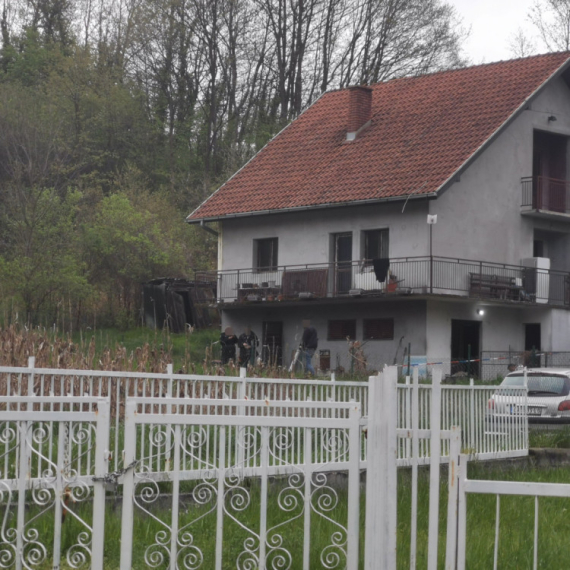




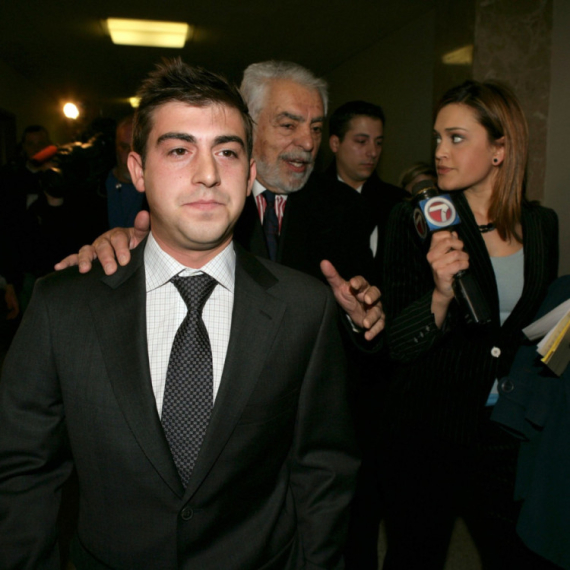

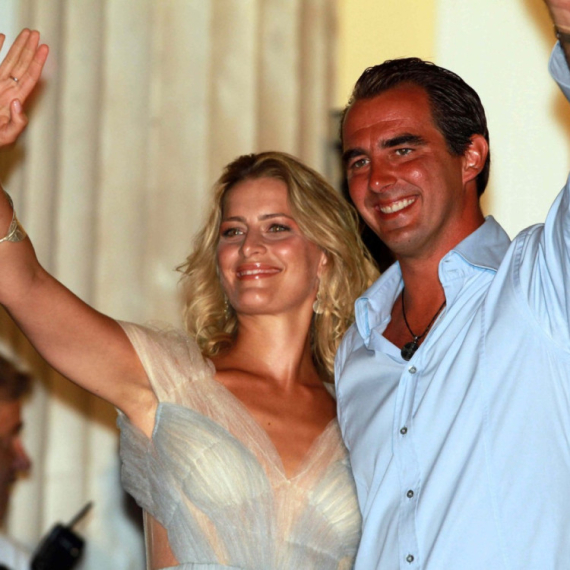




























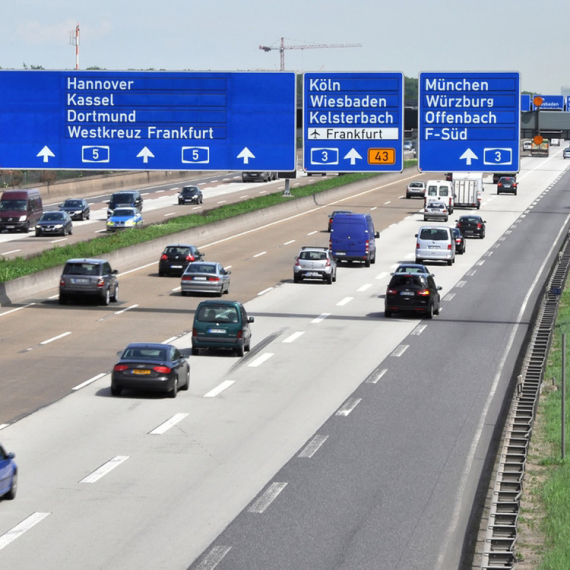




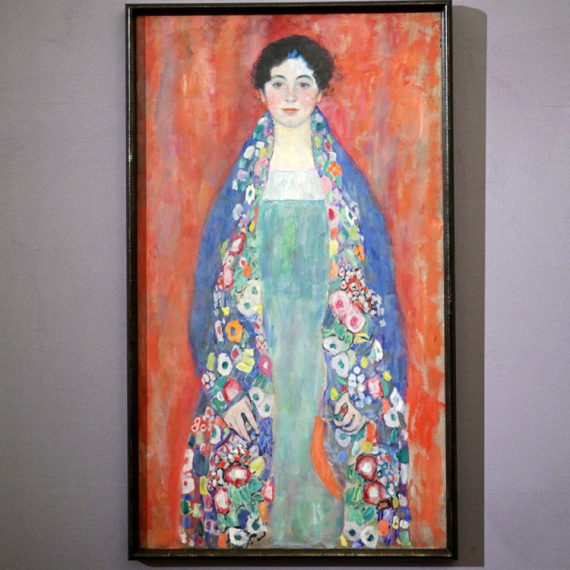



Komentari 0